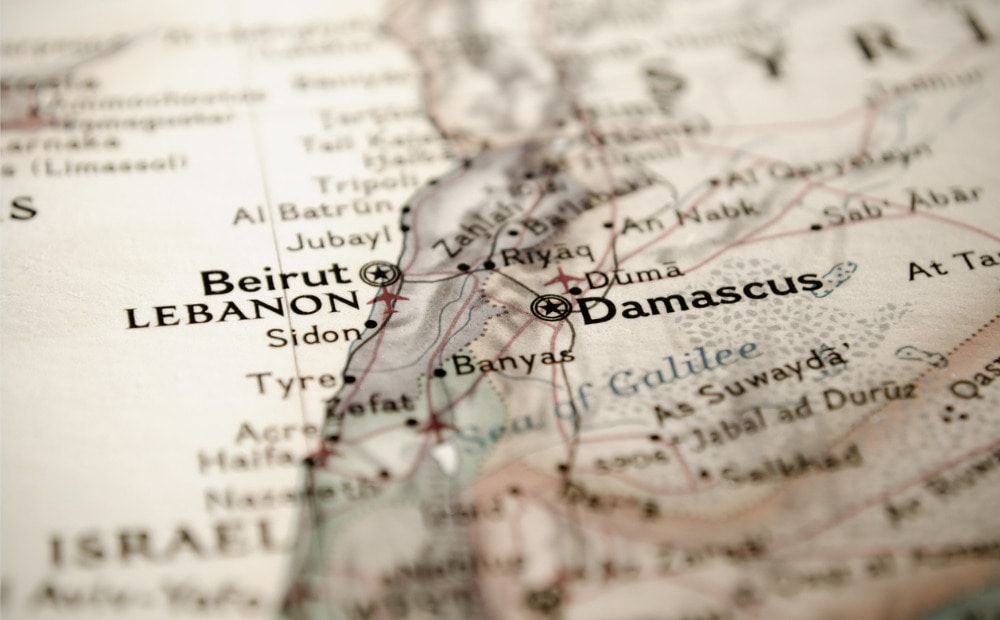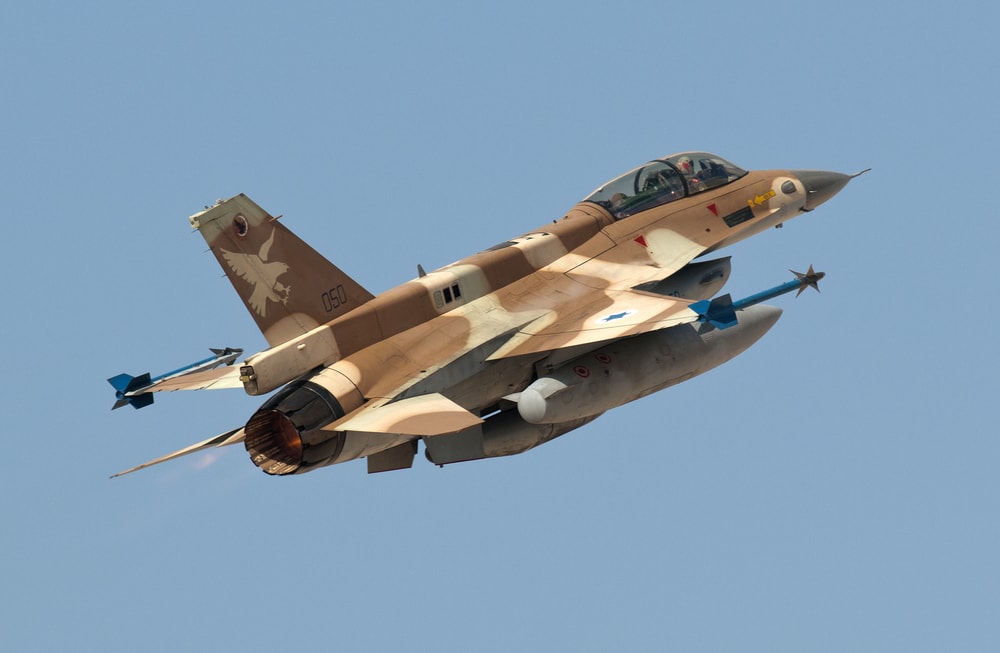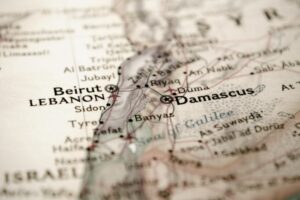
Hezbollah is worried by what it saw during the Gaza war, former IDF chief Gadi Eisenkot says. Israel’s intelligence, attack and defense capabilities were on display and will be fully utilized in a future conflict in Lebanon, he added during an online INSS conference.
Hezbollah and its Iranian patrons certainly monitored the recent clash between the IDF and Hamas closely. While the Iran axis was pleased by some aspects of the conflict, terror chiefs in Lebanon are likely disturbed by the overall picture.
Hezbollah chief Hassan Nasrallah, who is apparently sick with COVID-19, was happy to see some developments. Hamas showed that it boosted its military might and can fire thousands of rockets at Israel, while also inspiring violence by some Israeli Arabs.
However, there is also a clear downside to these achievements from a Hezbollah and Iranian perspective. Hamas capabilities were significantly degraded during the fight, meaning that its contribution to a multi-front war against Israel will be limited for the foreseeable future.
Hamas lost some 40% of its multi-barrel rocket launchers and only has hundreds of long-range missiles left, an IDF officer told Walla! News. In parallel, the group’s naval commandos and other key units suffered extensive damage. For Iran, the main value of Gaza’s terror groups was to disrupt IDF efforts in a larger war. This strategic weapon was sacrificed prematurely.
Meanwhile, the Gaza clash revealed the dangerous potential for Arab violence within Israel during a war. The security services are now fully aware of the threat and will be better prepared next time. Moreover, the Shiite Hezbollah will likely not inspire Israeli Arabs to the same extent that Hamas did.
Thousands of Hezbollah targets
On the military front, the news for Hezbollah only gets worse. The IDF displayed its impressive capabilities and destruction power despite using only a limited part of its arsenal. The army took extreme care to limit civilian casualties with precise bombings, hardly used its ground forces, and restrained itself due to diplomatic considerations.
Unfortunately for Hezbollah, a war in Lebanon will be very different. The IDF is expected to use far greater firepower, hit many more targets, and strike much harder. Notably, Israel has already prepared a list of thousands of key assets, compared to only hundreds identified in Gaza before the recent conflict.
Moreover, the IDF will implement the lessons of its Gaza operations to further upgrade its combat abilities. The army is already developing a more effective way to destroy rocket launchers based on insights from the battle with Hamas.

The IDF will be less restrained in a northern war for several reasons: Lebanon is a sovereign state and not as densely populated as Gaza, and Hezbollah is far less popular in the region and globally than the Palestinians. Moreover, the group presents a much greater military threat, which will require and justify harsher counter-measures.
While Hezbollah’s missile arsenal is much larger than the Gaza stockpiles, most of the group’s rockets are unsophisticated short-range weapons, and Gaza is closer to central Israel than Lebanon. Moreover, the IDF’s air defenses proved quite effective even against heavy barrages.
Overall, Hezbollah can certainly cause Israel some major damage, while achieving limited strategic impact. But in parallel, the IDF will devastate the terror group and vital Lebanese infrastructure. The army has also trained hard for ground operations in Lebanon and developed powerful weapons for use in this theater. The elite Ghost unit in particular is expected to play a key role in rapidly eliminating threats in enemy territory.
Hezbollah faces internal threat
Finally, there is another strategic factor that must be considered. Unlike Hamas, which faces no real opposition in Gaza, Hezbollah operates in a more hostile and complex environment and is hated by many in Lebanon. While the group is clearly dominant and stronger than its rivals, the balance of power could change during a war with Israel.
A painful blow that greatly weakens Hezbollah and degrades its capabilities could encourage opposition elements to take action inside Lebanon. This would be a nightmare scenario for Hezbollah and for the country’s Shiite community.
In the coming months, the risk of war in Lebanon could increase dramatically. For Israel, the Gaza fight demonstrated the importance of striking early before enemies grow stronger. The IDF may wish to neutralize Hezbollah’s precision-missile project soon, and before Hamas regains its strength.
Meanwhile, Hezbollah and Iran may become more aggressive following a nuclear deal that boosts Tehran’s strategic position. The Iranians may also conclude that Israel is vulnerable to a rocket assault from numerous directions. One way or another, the coming months will be very tense on this highly explosive front.


